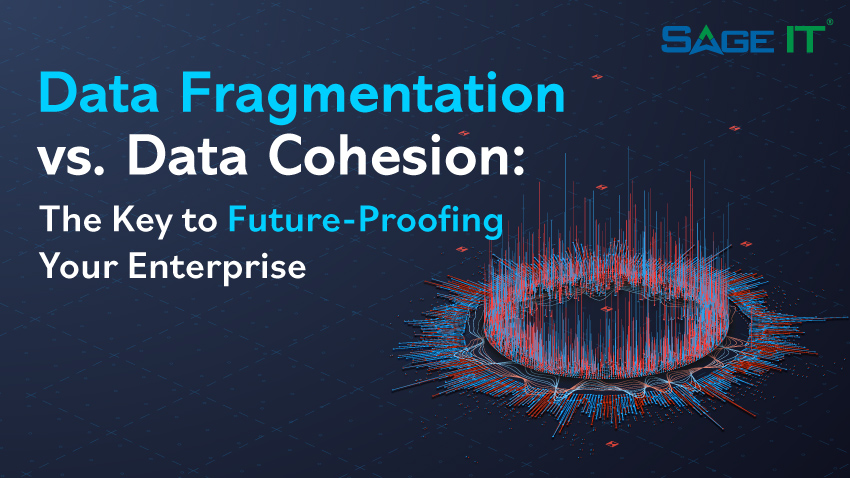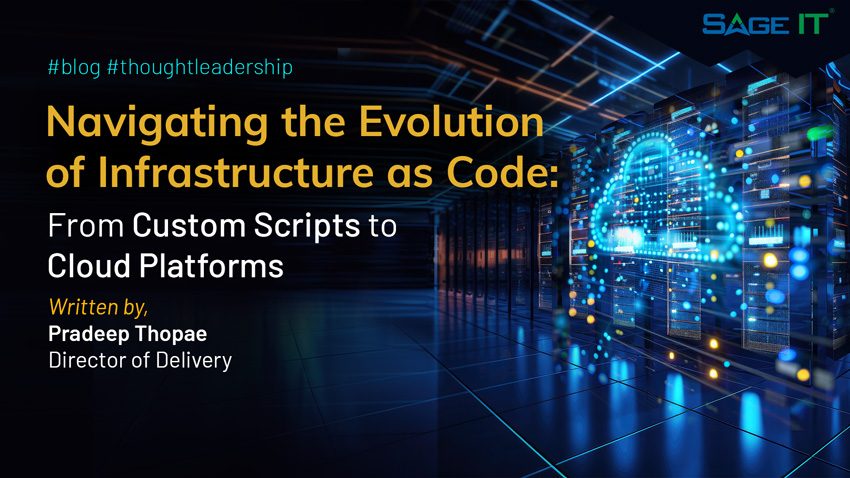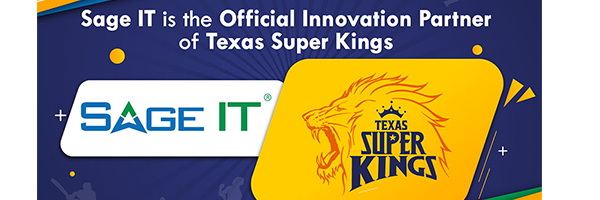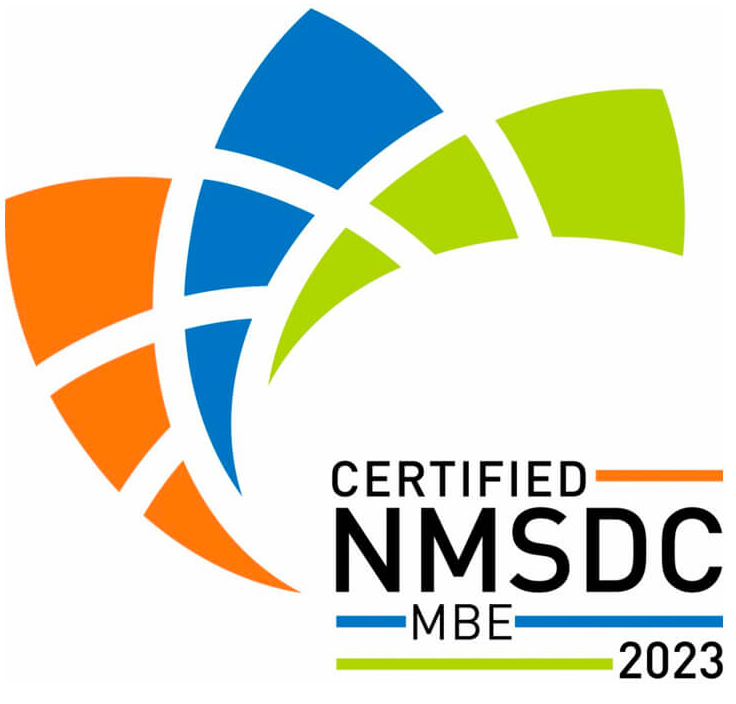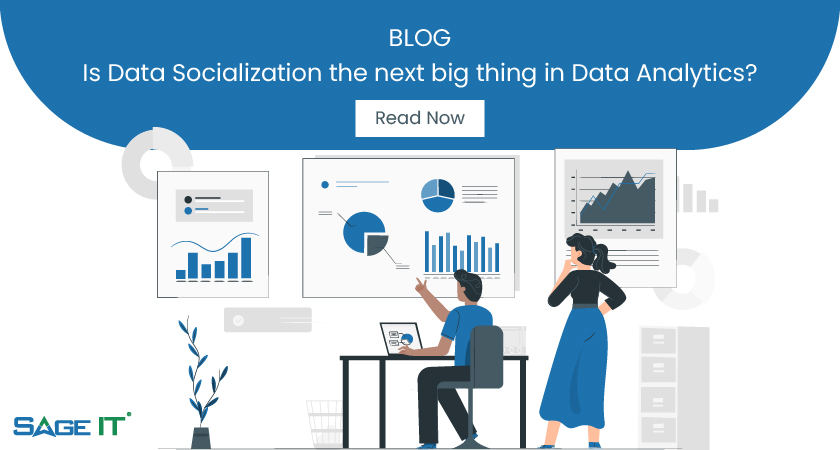
If you work in the data management or analytics industry, you might know that data socialization is the new buzzword going around the space. Businesses have used specialized professionals in data management to help in their data analysis and give them suggestions to make quality business decisions.
There are some challenges data analysts have today with responding to business requests. There is a shortage of business data analysts and data scientists. Even with data analysts, companies have increasingly struggled with data blending, data reconciliation, and access. The challenge is the data analysts’ inability to find the information they want and ignorance of tools to improve productivity.
Data Socialization can help solve these issues and more. We will do a deep dive into data socialization and see how it can significantly improve your business. But first,
What is Data Socialization?
Data socialization is an analytic tool that lets data scientists, business analysts, and other relevant users in an organization search, reuse, and share managed data. It promotes agility in an organization, better analytics processes, and enterprise collaboration for more efficient results.
Data socialization makes it so that a few specialized employees have access to data and involves everyone in the organization cutting across teams and individuals for better collaboration. Employees can quickly find and use data that they have access to in their data ecosystem fast.
Your organization can easily create strategies with a social network of curated, certified, and raw data sets with full controls and limitations specified for each person. Implementing a data socialization framework ensures a culture of digital access where all the analysts can learn from each other, become more productive and connected as they gather, arrange, and prepare data for advanced analytics.
Features of Data Socialization
Data socialization has some key features that are required to make it a successful practice in your organization.
Understanding Relevancy of Data Relation: It must understand data with relation to its relevance about how several users in an organization/enterprise should use it. This cuts across several teams in an organization, such as data for internal auditing, sales operation, etc.
Collaboration Between Key Users and Data Sets: Data socialization should promote seamless cooperation between the key users and data sets to better harness knowledge that is often unshared in many instances. It ensures that when different users from different departments work on a project, each has access to relevant data.
Multiple Search Options: Members in an organization or company can search on data preparation models, cataloged data, and metadata indexed by the user, type, unique data values, and application.
Consistent Data Quality Scoring: Data socialization makes it easy for users to perform data quality scoring, suggest relevant sources, and recommend possible data preparation actions automatically based on the user persona.
Why Data Socialization is Important
Data socialization is an innovative system that helps businesses improve how they leverage data for their collective good. Many companies collect data in today’s world, including machine data such as Web server logs, manually entered customer data, and every other data they use for operations.
In many ways, the extent to which businesses have leveraged this data has been limited. Typically, firms often give the ability to access and analyze this business-critical data to a small team of data specialists. Except for where “data manager” or “analyst” is a part of your job title, chances are you won’t have access to the data. You would have to rely on other people who specialize in data management in the organization anytime you want to gather and analyze business data before getting recommendations.
This process is not ideal because of the following reasons:
Data specialists have a limited understanding of the other aspects of the business. So, their approach is limited by their ability which means they might not be able to leverage data to benefit other business units.
Data specialists can become overwhelmed when the business relies on only them to process all their data, especially if it’s a small group. It is challenging for a small group to handle data processing for the entire business single-handedly and deliver practical recommendations and business insight to every business unit. This is more relevant today because the amount of data organizations collect is more than ever.
Data socialization can help solve these problems by putting data and data analytics tools in the control of the people that can use them in their jobs. This is in no way taking the role away from your data specialist as they are still the expert and usually the decision-maker of the process. Data management and analyst experts are in charge of the tools and strategies that make the other parts of the organization obtain the data they need.
Examples of Data Socialization in Organizations
A person in marketing will organize campaigns on social media platforms and others to reach out, generate leads, or other uses depending on the company. Data socialization will help the person collect and analyze data related to marketing campaigns rather than relying on a data specialist to perform the task. A person in marketing will understand the business’ market needs more than anyone that doesn’t specialize in marketing, making them more positioned than the rest of the organization to get meaningful insights from the data.
The same scenario applies to a customer service specialist. They will better operate with data socialization if they can analyze data related to each customer they support.
Why Data Socialization is the Next Big Thing in Data
Here are some of the reasons why data socialization is a platform that has become more important than ever.
Need For Data
In today’s world, the need to access data and information is at an all-time high. This large percentage of people looking for data makes the industry the most likely to experience revolutionary innovations not too far into the future.Greater Expectations
With the rapid development in technology such as the cloud and others, people expect more information instantly. The awareness that newer information is there makes them want it more, making data socialization more necessary than ever.Better Availability and Sharing of Data
There is also increased availability of data across several levels and more accessible methods of sharing it. Today, people share data across multiple people in a large number easily. This development has shaped the data management process and organizations’ perceptions of data. Employees are also interacting better across all levels.Better Searching Options and Data Differentiation
Enterprise users are looking for the flexibility to search data with many different methods. Data socialization allows users to search for a catalog or more detailed parameters like uses, type, and business applications. You can also separate data by scoring it according to quality based on your parameters.Better Productivity
Data socialization enables users across the organization to become more productive. Data analytics helps improve agility and performance in a competitive market to set you apart from the rest of the bunch.
Conclusion
Data socialization is on a path to becoming mainstream as people realize the immense benefits to an organization. BI analysts, business users, and data scientists will also benefit from its use because it speeds up their decision-making and productivity all around. The collaboration will help every member of an organization deliver better results with direct access to actionable insights in their field.
If your company or organization is considering leaping to a data socialization process, ensure your self-service tool does not need a great deal of expertise. This will make it easier for your non-technical team members to work more effectively with data management tools and get better results.
Explore the limitless power of data with Sage IT. Reach us at [email protected].

Sukanya Dutta
Senior Data Scientist, Sage IT
